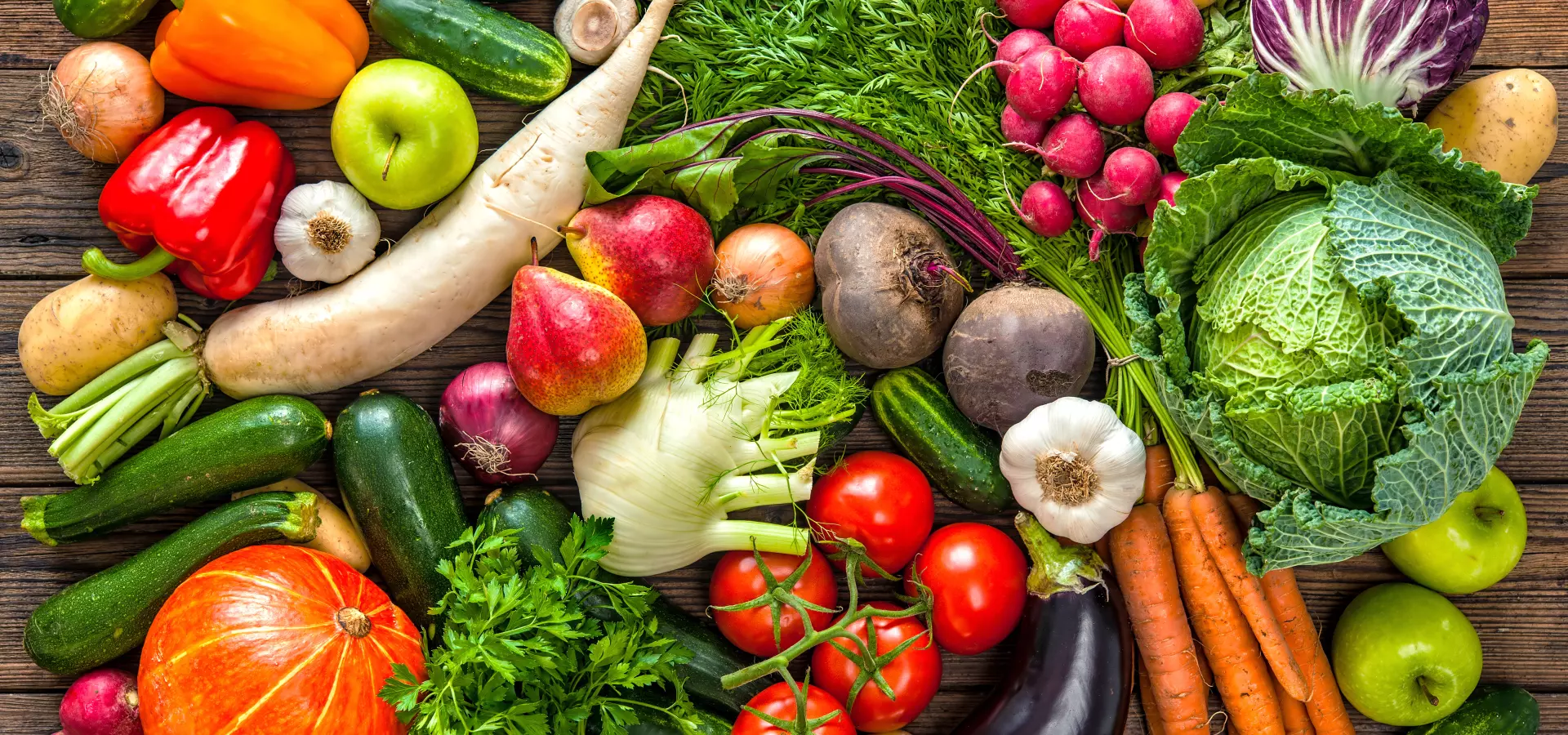
No such thing as a free lunch?
An exciting agenda is developing across the UK and Europe supported by networks such as the UK Sustainable Food Cities Network and Sustainable Food in Urban Communities. These groups aspire for the food that we eat not only to be tasty, healthy and affordable but also for it to be good for nature, good for workers, good for local businesses and good for animal welfare.
There is increasing consensus that tackling food waste is an important part of changing our food system. According to Zero Waste Scotland, food and kitchen waste accounts for almost a third of all Scottish household waste – by far the biggest share by waste type.
Feeding the 5000
On Saturday 5th October 2013, Sara Dodds and I enjoyed a delicious free lunch in Edinburgh’s Bristo Square as part of Edible Edinburgh’s Feed the 5000 Event.
Feeding the 5000 is a campaign launched in 2009 to raise awareness of the food wasted locally, nationally and globally and how we can solve this. The sun was shining and the square was packed with a large crowd of people of all ages munching a variety of tasty dishes all made by chefs from ingredients that would otherwise have been thrown away.
As well as a free lunch there were many stalls and displays in the nearby Potter Row Centre in the square providing information and advice about different aspects of food including recycling, organic food production, Fair-Trade, composting, growing your own food, allotments and much more.
Edible Edinburgh is a broad coalition consisting of local government, non-governmental organisations, charities, and individuals whose vision for Edinburgh is that ‘good food is available and accessible for all, making for healthy people, thriving communities and a sustainable environment.’ The group has recently launched a draft sustainable food strategy for consultation, supported by a range of organisations and groups including Nourish Scotland.
Policy and sustainability – lessons from Sweden
My recent return trip to Gothenburg, Sweden in June of this year as part of a second study visit hosted by Project MEDEL (which translates as ‘the school meal – part of the education’) drove home the art of the possible in relation to healthy, sustainable food policies and programmes. In our report, Going back to Gothenburg: what else can we learn from Sweden?, we reflected that Swedes seem to have a heightened awareness and understanding of the importance of food for health (in its widest sense).
There is a tangible commitment to pursue environmentally responsible food production, procurement and consumption within public settings. Free school meals of very high quality are provided for all nursery, primary and secondary school pupils by well-trained staff in spacious, attractive canteens.
Negligible numbers of secondary school pupils leave school at lunchtime and unhealthy snacks and drinks are not permitted in school in any shape or form. Recycling and waste management are taken very seriously throughout Sweden and are incentivised by the Swedish government through tax reductions for households and institutions that reduce waste.
Looking to the future
Exciting developments are beginning to take place in Glasgow and the Clyde Valley in relation to sustainable food. Early discussions are underway in Glasgow City Council regarding the possibility of developing a sustainable food strategy for the city.
Innovative community based projects and initiatives such as Urban Roots , the North Glasgow Community Food Initiative, Woodlands Community Garden, Glasgow's local food network, Allotments Forum as well as Fare Share Glasgow are already working on this agenda and will be well placed to help. Renfrew Council is in the process of developing a sustainable food policy that will be progressed through the Council’s Community Plan.
These and other developments elsewhere across the UK hopefully signal the early stages of work at a number of levels which will help to build a fairer, sustainable food system within and beyond Scotland.